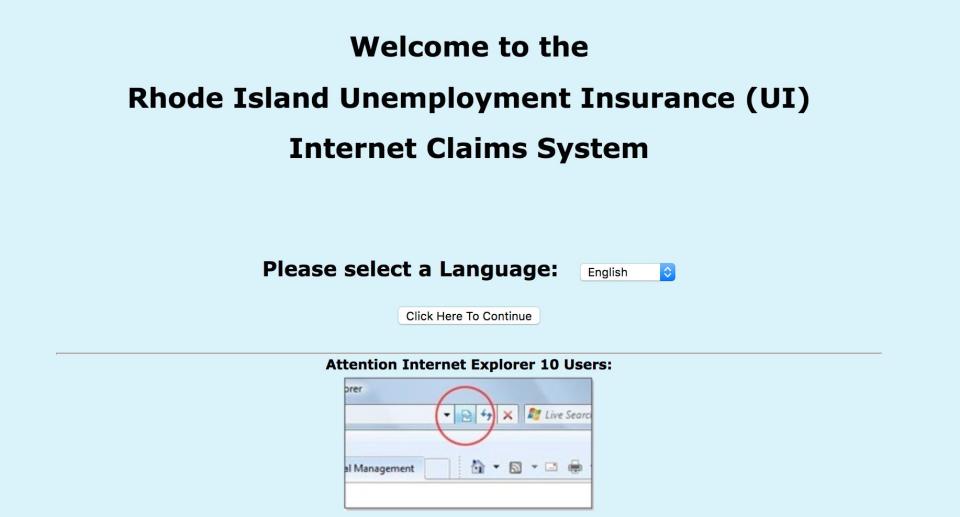Here's why the ACLU is suing the RI labor department over facial-recognition technology
The Rhode Island Department of Labor and Training has no plans to use facial-recognition technology in any of its programs.
The department’s director, Matthew Weldon, made that statement Tuesday after civil-liberties advocates raised questions about the department’s intentions, citing their inability to obtain documents from the agency.
Earlier this year, the American Civil Liberties Union of Rhode Island made a public-records request seeking records related to the agency’s “actual or considered usage of facial recognition and identify verification software … in the course of processing unemployment claims.”
On Tuesday, the ACLU announced that it had followed up with a lawsuit seeking the documents.

Soon after, in a statement to The Journal, Weldon promised to provide the requested information.
More: At RI cybersecurity summit, elections officials confront 'elephant in the room'
“We will be in contact with the ACLU’s attorneys on this matter today to clear this issue up and provide the information they have requested,” Weldon said. “We apologize for any confusion we caused and look forward to a quick resolution in the courts."
RI unemployment rate rose in October.: The biggest factor? A decline in government jobs.
Hannah Stern, a policy associate for the ACLU, said the organization believes that Rhode Islanders have a right to know if a government agency is considering the use of facial-recognition technology.
After Weldon's comments Tuesday, the DLT's representatives contacted the ACLU, Stern said.
They told the ACLU that DLT has no records regarding any plans for the use of facial recognition because the agency had not considered such use, according to Stern.
"We think tha something that should have been communicated to us if that's not the case," she said.
Stern emphasized that this isn't how the DLT responded when the ACLU initially requested the records.
This article originally appeared on The Providence Journal: ACLU sues over facial recognition technology related by RI DLT

